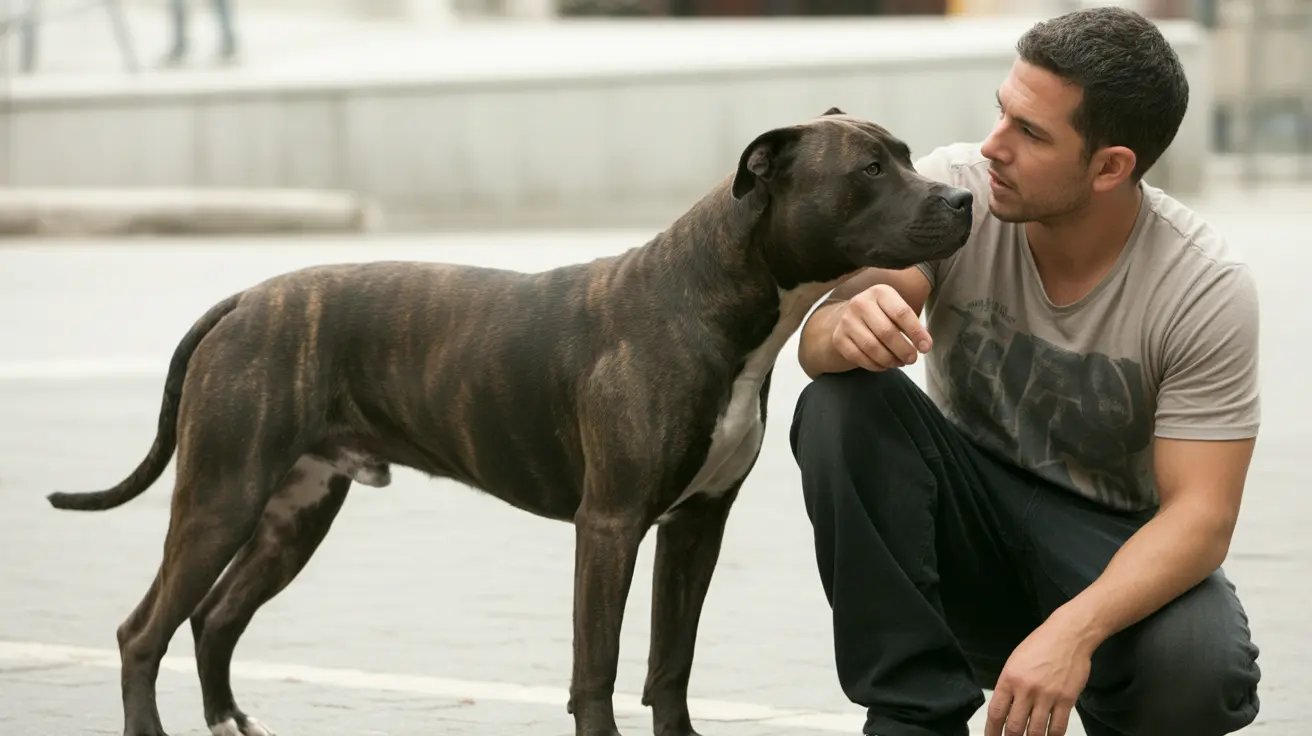When your male cat undergoes neutering surgery, proper aftercare is crucial for ensuring a smooth and successful recovery. This comprehensive guide will walk you through everything you need to know about cat neuter aftercare, from the immediate post-operative period to long-term care considerations.
Understanding how to care for your cat after neutering can significantly impact their healing process and help prevent complications. Let's explore the essential steps and precautions you should take to ensure your feline friend recovers comfortably and safely.
First 24 Hours After Surgery
The initial recovery period is critical for your cat's healing process. During this time, your cat will likely be groggy from anesthesia and require special attention.
Provide a quiet, warm, and dark space where your cat can rest undisturbed. Keep other pets and children away to minimize stress and prevent accidents. Monitor your cat closely but avoid handling them unnecessarily.
Feeding and Hydration
Offer small amounts of water and about a quarter of their normal food portion once they're alert enough to eat. Some cats may experience nausea or lack of appetite, which typically resolves within 48 hours.
Monitoring the Surgical Site
Daily inspection of the incision site is crucial for detecting potential complications early. The area should appear clean and be gradually healing without excessive swelling or discharge.
Keep your cat from licking or scratching the surgical site by using an E-collar or recovery suit for 5-7 days. This protection is essential for preventing infection and ensuring proper healing.
Activity Restrictions and Environment Management
Create a controlled environment that limits your cat's movement during the recovery period. This means:
- Keeping your cat indoors
- Blocking access to high surfaces
- Removing climbing opportunities
- Using a small room or large crate if necessary
These restrictions should remain in place for at least 7 days or until your veterinarian approves increased activity.
Pain Management and Medication
Follow your veterinarian's instructions regarding pain medication carefully. Never give human pain medications to your cat, as these can be toxic. Watch for signs of discomfort, such as:
- Excessive hiding or withdrawal
- Changes in breathing patterns
- Unusual vocalization
- Restlessness or agitation
Signs of Complications
While complications are rare, knowing what to watch for is important. Contact your veterinarian immediately if you notice:
- Reopening of the surgical site
- Persistent bleeding or discharge
- Severe swelling or redness
- Fever or lethargy lasting more than 48 hours
- Refusal to eat or drink for more than 24 hours
Long-term Care Considerations
After the initial recovery period, your cat may need some lifestyle adjustments. Monitor their weight, as neutered cats can be more prone to weight gain. Adjust their diet if necessary and encourage regular play once they've fully healed.
Frequently Asked Questions
How long does it usually take for a male cat to fully recover after neutering?
Most male cats recover from neutering within 5-7 days, though complete internal healing may take up to two weeks. Follow your vet's specific recovery timeline recommendations.
What signs should I watch for at the incision site to detect infection or complications?
Monitor for redness, swelling, discharge, opening of the wound, or persistent bleeding. Normal healing should show gradual improvement with no concerning changes.
How can I safely restrict my cat's activity during the neuter recovery period?
Confine your cat to a quiet room or large crate, remove climbing opportunities, and prevent interaction with other pets. Ensure they have everything they need within easy reach.
When is it safe to let my cat go outside again after being neutered?
Wait at least 7 days and ensure the incision is fully healed before allowing outdoor activity. Always get your veterinarian's approval first.
What are the best ways to manage my cat's pain and feeding after neuter surgery?
Follow your vet's prescribed pain medication schedule and offer small amounts of food and water initially. Gradually return to normal feeding as your cat's appetite improves.
By following these comprehensive aftercare guidelines, you can help ensure your cat has a comfortable and successful recovery from neutering surgery. Remember to always consult with your veterinarian if you have specific concerns about your cat's recovery process.






